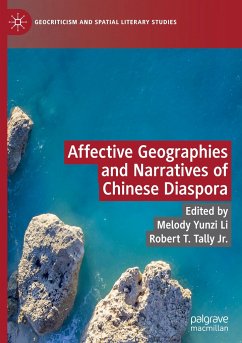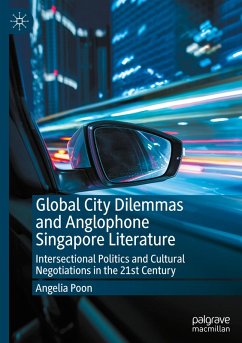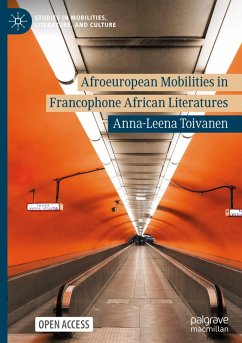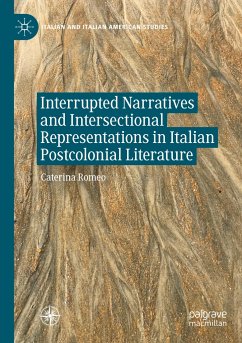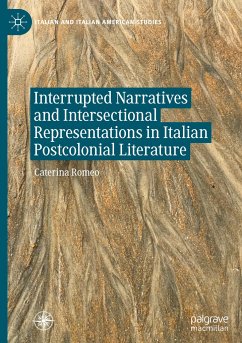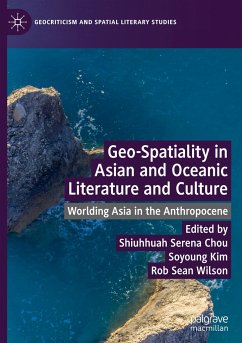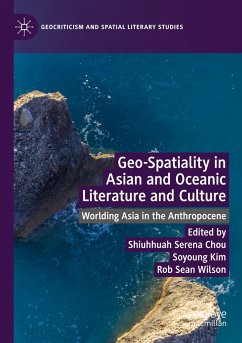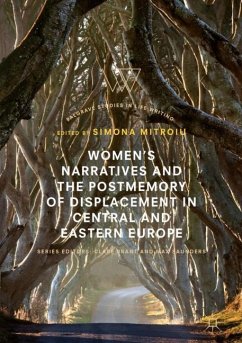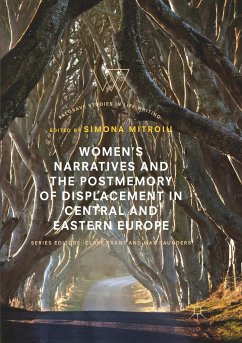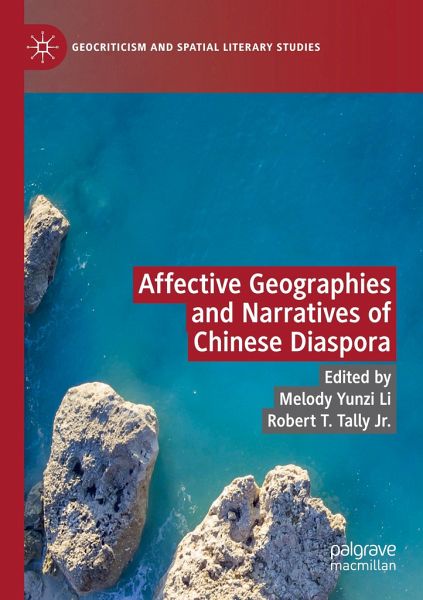
Affective Geographies and Narratives of Chinese Diaspora
Versandkostenfrei!
Versandfertig in 6-10 Tagen
76,99 €
inkl. MwSt.

PAYBACK Punkte
38 °P sammeln!
In various ways, Chinese diasporic communities seek to connect and re-connect with their "homelands" in literature, film, and visual culture. The essays in Affective Geographies and Narratives of Chinese Diaspora examine how diasporic bodies and emotions interact with space and place, as well as how theories of affect change our thinking of diaspora. Questions of borders and border-crossing, not to mention the public and private spheres, in diaspora literature and film raise further questions about mapping and spatial representation and the affective and geographical significance of the push-a...
In various ways, Chinese diasporic communities seek to connect and re-connect with their "homelands" in literature, film, and visual culture. The essays in Affective Geographies and Narratives of Chinese Diaspora examine how diasporic bodies and emotions interact with space and place, as well as how theories of affect change our thinking of diaspora. Questions of borders and border-crossing, not to mention the public and private spheres, in diaspora literature and film raise further questions about mapping and spatial representation and the affective and geographical significance of the push-and-pull movement in diasporic communities. The unique experience is represented differently by different authors across texts and media. In an age of globalization, in "the Chinese Century," the spatial representation and cultural experiences of mobility, displacement, settlement, and hybridity become all the more urgent. The essays in this volume respond to this urgency, and they help to frame the study of Chinese diaspora and culture today.





